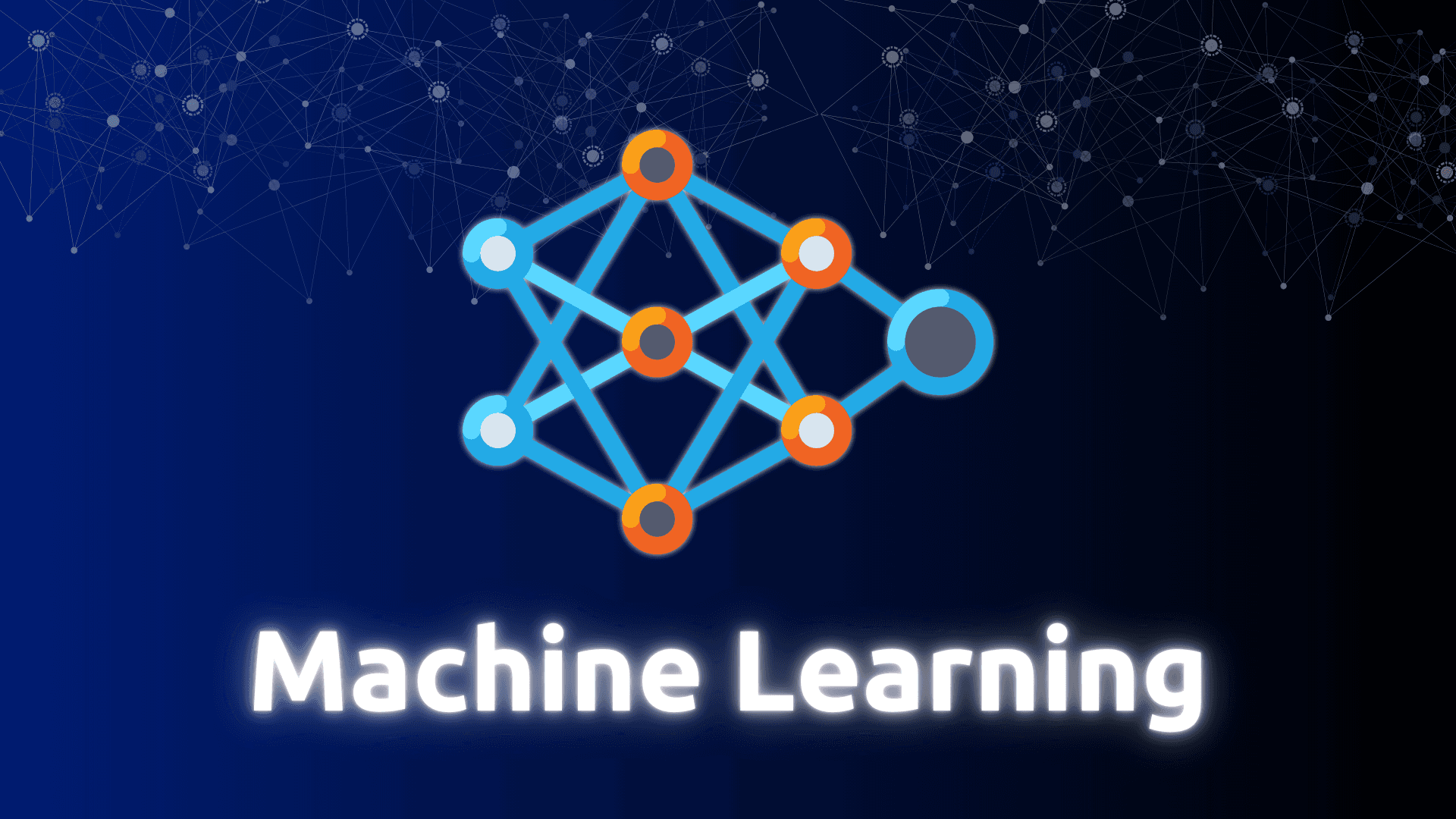Machine Learning (2024)
Comprehensive machine learning: fundamentals, techniques, and tools

About Machine Learning (2024)
This course is designed to provide an introduction to the fundamental concepts and techniques of machine learning. The course covers a range of topics, including probability theory, ML modeling, supervised learning, unsupervised learning, feature engineering, model evaluation and selection, and ethics in machine learning: bias, fairness, and interpretability.
Python, statistics, data processing with Pandas and NumPy, and data visualizations are prerequisites for this course and are covered in separate crash courses.
In this course, students will learn how to use Python to implement machine learning algorithms, and will gain an understanding of the essential libraries such as Scikit-Learn. The course will cover probability theory concepts such as probability distributions and hypothesis testing. Students will learn how to train and evaluate models using various metrics, including accuracy, precision, recall, and F1-score.
The course covers supervised and unsupervised learning techniques in depth, including linear regression, logistic regression, decision trees, random forests, k-means clustering, and principal component analysis. Students will learn how to identify and address overfitting and underfitting problems in machine learning models.
Feature engineering is an essential step in the machine learning process, and the course covers various techniques such as feature scaling, dimensionality reduction, and feature extraction. Students will learn how to select appropriate features to optimize model performance.
Introduction to deep learning is covered as a next step, as this course focuses on traditional machine learning techniques (including neural networks). Deep learning concepts such as deep neural networks, convolutional neural networks, and recurrent neural networks are not covered in this course and will be covered in a separate deep learning course.
Finally, the course covers ethics in machine learning, including bias, fairness, and interpretability. Students will learn how to identify and mitigate bias in machine learning models and how to ensure that machine learning systems are fair and transparent.
Overall, this course provides a solid foundation in machine learning concepts and techniques, and prepares students for more advanced machine learning courses, including deep learning.